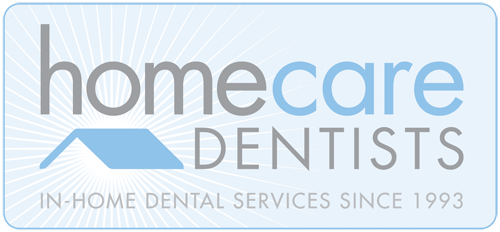Safeguarding elderly oral health can be uniquely challenging due to some limitations that older adults may face. However, there are steps that you can take as a caregiver to overcome those potential barriers and make sure that your loved one is benefitting from an oral hygiene routine.
Importance of Oral Health in Older Adults
In the past, people may have thought that tooth loss was an inevitable consequence of aging, but that’s no longer true. With proper dental care, older adults can keep their natural smiles throughout their lives. Natural smiles facilitate more effective chewing and speech and boost self-confidence.
Furthermore, good elderly oral health corresponds to good overall health, as oral diseases like tooth decay and gum disease are correlated with higher risks of systemic conditions like heart disease and diabetes. A healthy mouth is an important component of a healthy body.
Tips for Caring for Your Loved One’s Smile
Older adults may have physical ailments or cognitive issues that present obstacles to practicing good oral hygiene habits. However, these obstacles often can be overcome. Here is how you can help as a caregiver.
- Include tools that help to overcome limited dexterity due to issues like arthritis. Power toothbrushes and oral irrigators (water pik) can be helpful for brushing and flossing in such cases.
- Make it a routine. When older adults are accustomed to daily brushing and flossing as part of a daily regimen, they’ll be more agreeable to it.
- Clean dentures as directed. Dentures should be rinsed after every meal and cleaned thoroughly daily. While the dentures are out of the mouth, clean the person’s gum tissue and tongue using a soft-bristled brush or washcloth.
- Be aware of medication side effects that may increase the risk of oral diseases. Many prescription medications have dry mouth as a side effect, which reduces the amount of saliva available to clear oral bacteria. Consider substituting an artificial saliva product when needed.
Of course, in addition to practicing good oral hygiene habits at home, your loved one must also get sufficient professional dental care. If physical or cognitive disabilities make it difficult for your loved one to get to appointments in a dental office, homebound care can help to fill the gap.
Call our office to ask any questions you may have about maintaining elderly oral health and to learn more about homebound care and how it can help to preserve your loved one’s smile.
